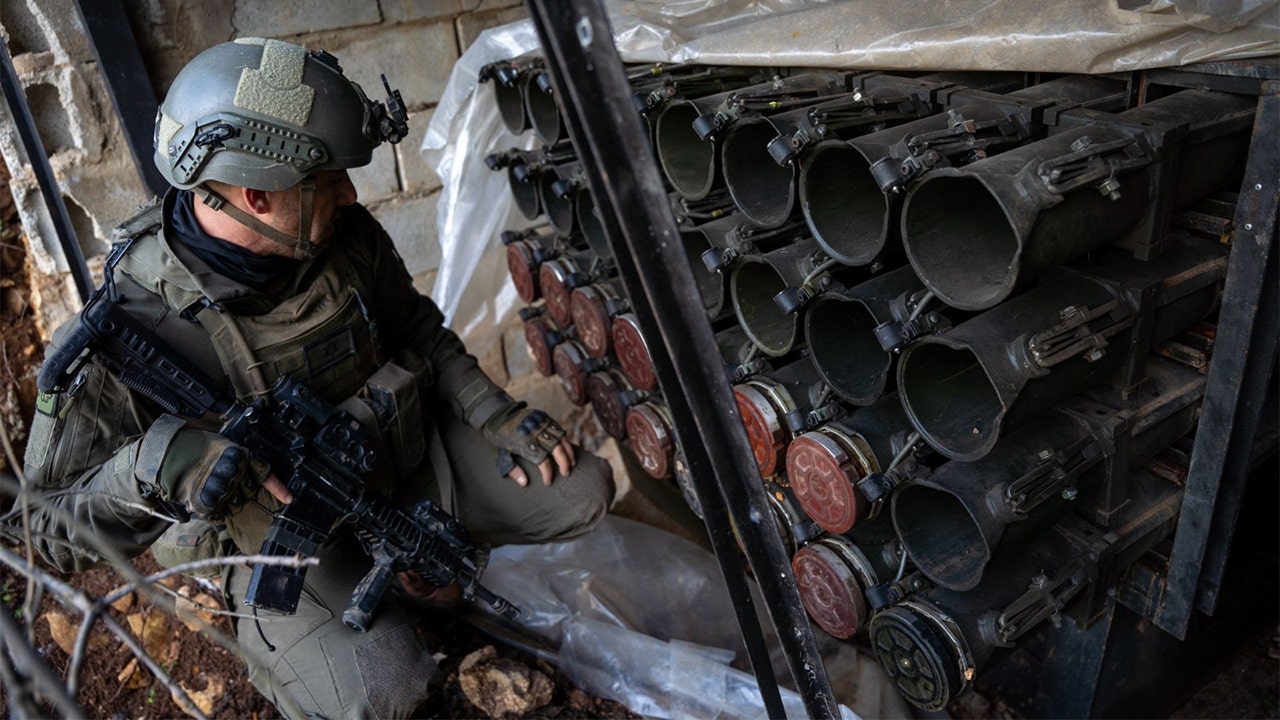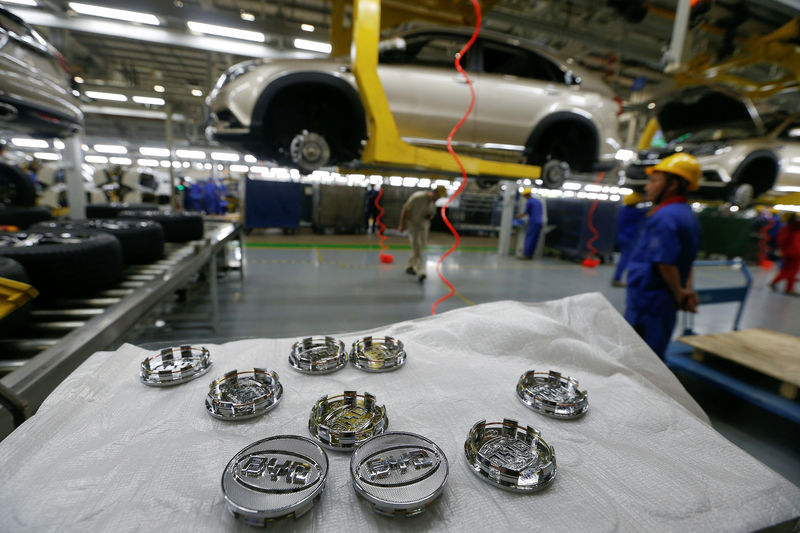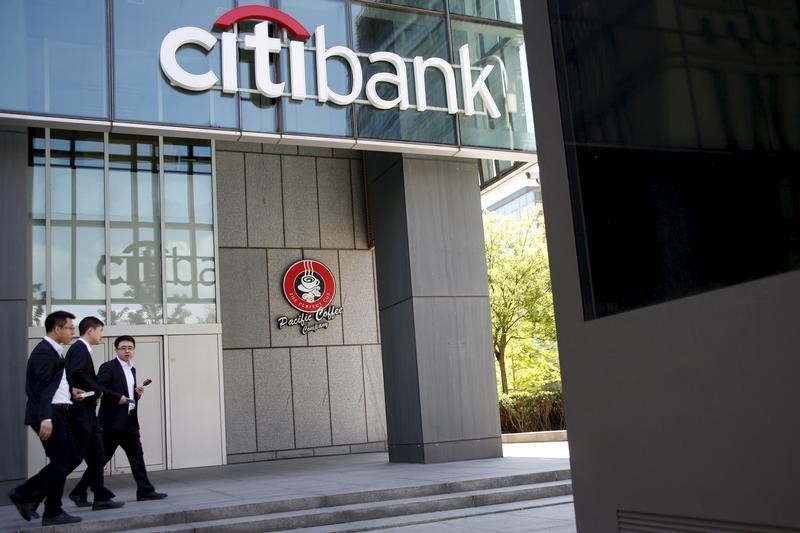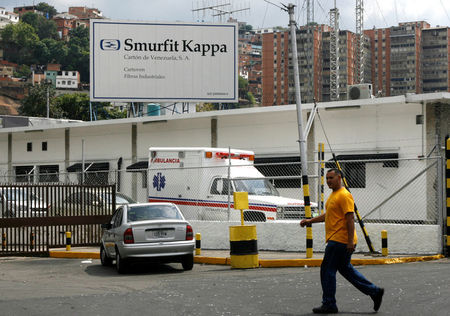By Fabio Teixeira
RIO DE JANEIRO (Reuters) – The 163 Chinese workers found by Brazil’s labor ministry in what it described as “slavery-like conditions” at a factory construction site owned by Chinese electric vehicle producer BYD (SZ:) have been removed and taken to hotels, while officials negotiate with BYD and the Jinjiang Group about further measures to protect them, authorities said.
The growing controversy in the automaker’s biggest overseas market has put a spotlight on immigrant worker conditions in the northeastern Brazilian state of Bahia. A deal with labor prosecutors involving BYD and the Jinjiang Group could be inked as soon as Jan. 7, when they are scheduled to meet.
Earlier this week, the labor prosecutor’s office described the workers, who had been hired by Chinese construction firm Jinjiang Group, as human trafficking victims. The firm had withheld the passports of 107 of the workers, investigators said.
Investigations into slavery can carry powerful consequences for employers in Brazil, including a restriction on their access to bank loans.
Jinjiang has denied any wrongdoing, while BYD said it had cut ties with Jinjiang. Both companies are collaborating with authorities on the investigation.
Jinjiang said, in a social media post reposted by a BYD spokesperson, that describing the workers’ conditions as “slavery-like” was inaccurate, while a BYD executive said media and other groups were “deliberately smearing Chinese brands and the country and undermining the relationship between China and Brazil.”
If the two companies are charged by labor inspectors with submitting workers to slavery-like conditions, they could be added to Brazil’s so-called “dirty list” – a public listing of employers found liable for such charges.
While the names of companies are only added to the list after all possibility of appeal is exhausted, which can take years, once a company is included it would stay there for two years. Beyond the substantial reputation risk the “dirty list” carries, companies in it are also barred from obtaining certain types of loans from Brazilian banks.
Companies can avoid being included on the “dirty list” by signing a deal with the government committing to change their practices and compensate workers whose rights were abused.
Companies and executives are also subject to legal action. Prosecutors who monitor labor affairs can sue companies that are found to have abused workers’ rights, unless they agree to pay damages to the Brazilian government and to victims.
Separately, federal prosecutors may also pursue criminal charges against executives. Charges of human trafficking and keeping workers in slavery-like conditions carry sentences of up to eight years in prison each.
Federal prosecutors have already asked labor authorities to share the evidence they have gathered against BYD and the Jinjiang Group, according to a Thursday statement from the Labor Prosecutor’s Office.
NEGOTIATIONS BEGIN
Labor inspectors are now negotiating with the companies for compensation for the workers whose rights they believe were abused. That could include payment for missed wages and severance. The workers will also receive unemployment benefits.
“The efforts of the government bodies at this time are focused on the victims and guaranteeing the victims’ rights,” said Mauricio Krepsky, a former head of Brazil’s Division of Inspection for the Eradication of Slave Labor (DETRAE), a government body staffed by labor inspectors.
Victims of human trafficking can choose to stay in Brazil or go back to their home countries, said Ludmila Paiva, co-founder of I-MiGRa, a non-profit that develops projects and research on human trafficking.
During a meeting on Thursday, BYD has already agreed to purchase tickets and cover up to $120 in travel expenses for the return trip to China of seven employees scheduled to return on Jan. 1, according to a statement from Brazil’s labor prosecutor’s office.
Negotiations between labor authorities and companies that are suspected of submitting workers to degrading conditions can take months to conclude, depending on the complexity of the case, the number of victims involved and whether the firms cooperate with authorities or not, experts told Reuters.
If the firms are charged, it could still take years for their names to be added to the list, as companies can appeal internally to the government or file lawsuits to keep their names out of the registry. (This story has been refiled to move the phrase ‘labor prosecutor’s office’ from the beginning to the end of paragraph 16)
Read the full article here















